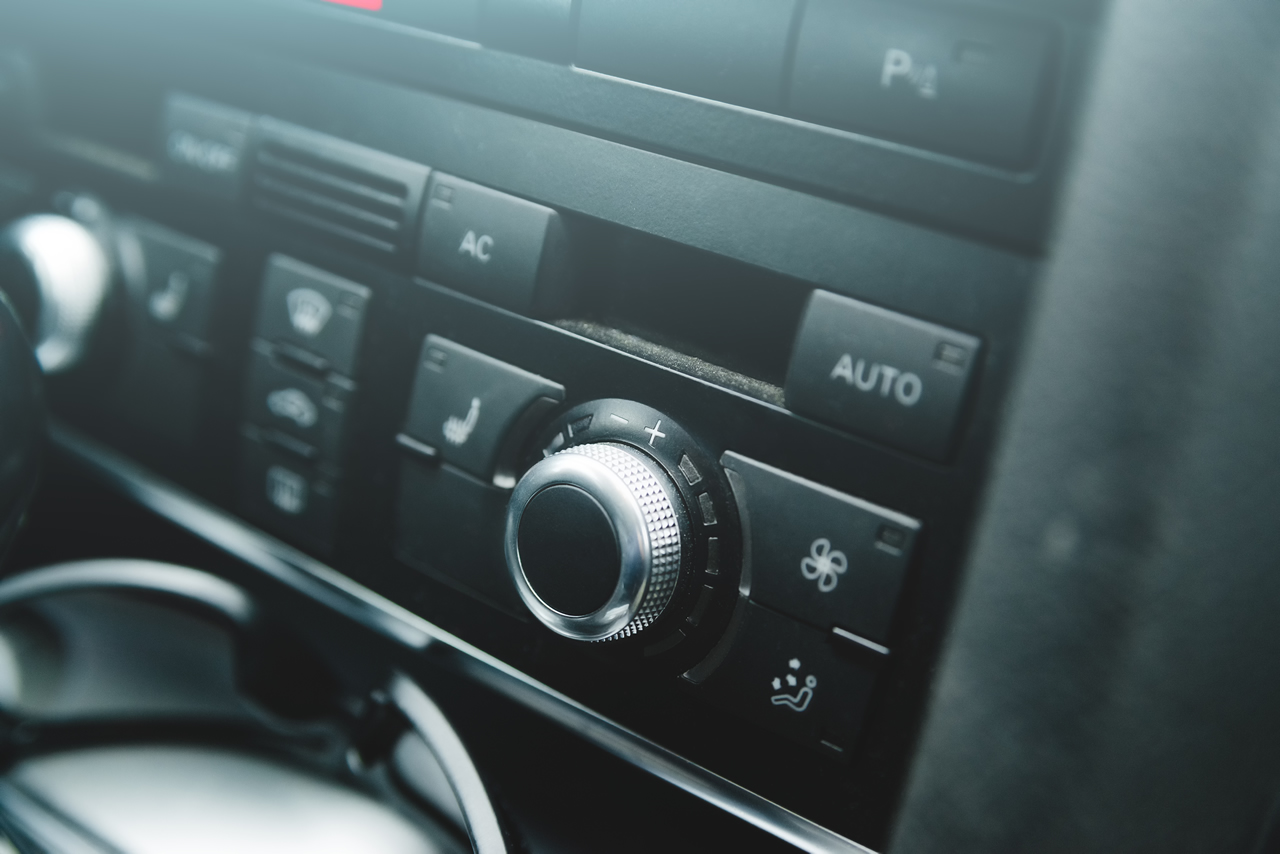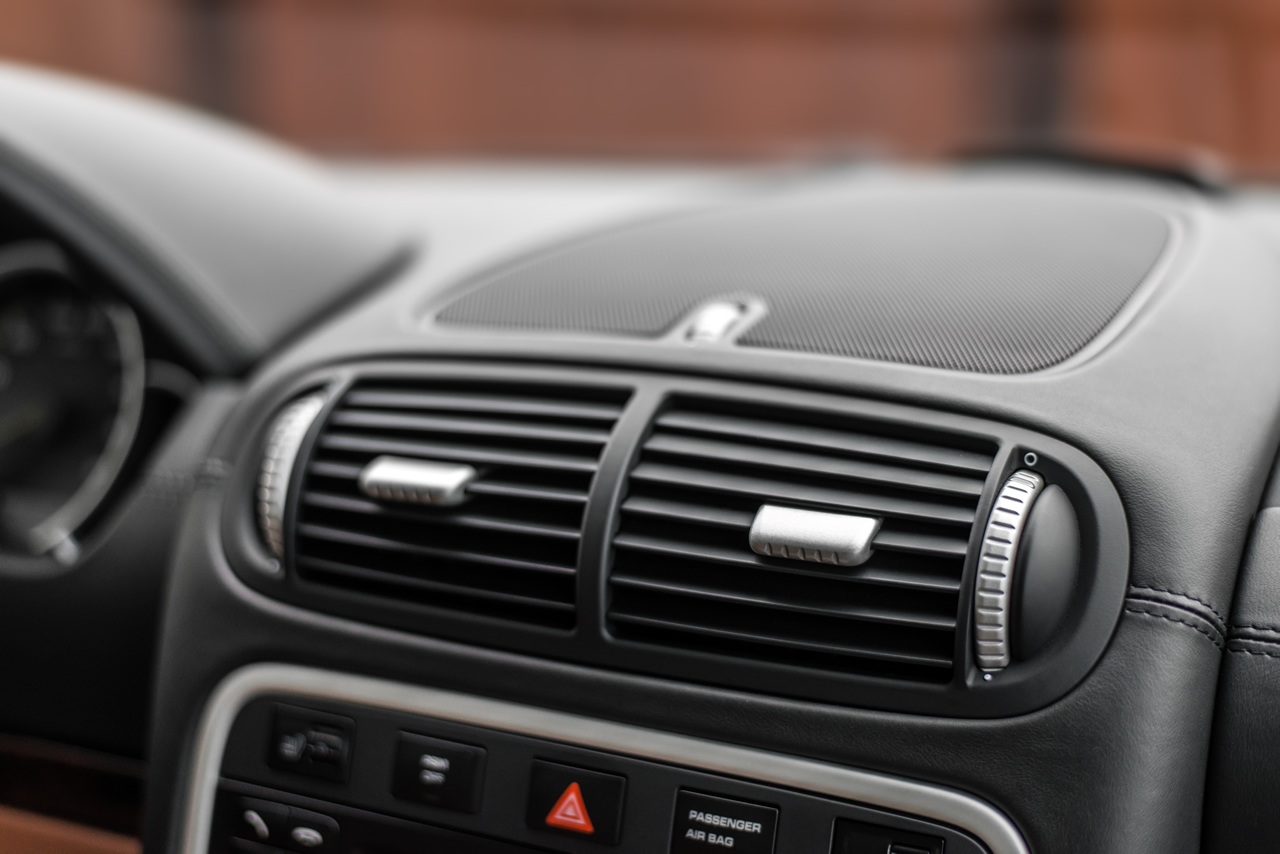Regular maintenance of your heating system is of utmost importance to ensure its proper functioning and longevity. Neglecting routine maintenance can lead to a variety of issues, ranging from decreased efficiency to complete system failure. By investing in regular maintenance, you can not only save on costly repairs but also improve the overall comfort and safety of your home.
One of the key reasons why regular heating system maintenance is crucial is its impact on energy efficiency. A well-maintained system operates more efficiently, consuming less energy to generate the desired warmth in your home. This not only helps to reduce your utility bills but also contributes to a greener environment by minimizing your carbon footprint. Additionally, regular maintenance can help identify any potential problems early on, allowing for timely repairs and preventing major breakdowns. By addressing these issues proactively, you can avoid sudden system failures during the coldest months when you need your heating system the most.
Signs that Your Heating System Needs a Check-Up
One of the first signs that your heating system may need a check-up is if it is not providing sufficient warmth or if the temperature in your home is inconsistent. If you find that some rooms are significantly colder than others or if you constantly have to adjust the thermostat to maintain a comfortable temperature, it may be a sign that your heating system is not operating at its optimal level. Another sign to look out for is an increase in your energy bills. If you notice a significant spike in your heating costs without any apparent reason, it could indicate that your heating system is not running efficiently and may require professional attention.
Benefits of a Well-Maintained Heating System
A well-maintained heating system offers numerous benefits to homeowners. Firstly, it ensures optimal comfort during colder months by providing consistent and efficient heat throughout the house. A properly maintained system will distribute heat evenly, eliminating hot and cold spots in different areas. This leads to a comfortable living environment for the whole family.
Secondly, a well-maintained heating system helps improve indoor air quality. Regular maintenance includes cleaning or replacing air filters, which helps remove dust, allergens, and other pollutants from the air. This is particularly beneficial for individuals with respiratory issues or allergies, as it reduces the risk of breathing in harmful particles. Additionally, clean air filters also enhance the efficiency of the system, leading to lower energy consumption and reduced utility bills.
How Often Should You Schedule a Heating System Check?
Regular maintenance is crucial to keep your heating system in optimal condition and prevent unexpected breakdowns. But how often should you schedule a heating system check? The answer largely depends on the type of heating system you have and its age.
For older heating systems, it is recommended to schedule a check-up at least once a year. This allows for early detection of any potential issues and ensures that your system continues to operate efficiently. On the other hand, newer heating systems may require less frequent maintenance, typically every two to three years. However, it is important to note that these are general guidelines, and it is always best to consult with a professional heating technician to determine the ideal frequency of checks for your specific system. Regular maintenance not only helps extend the lifespan of your heating system but also contributes to lower energy bills and a more comfortable environment within your home. So, make it a priority to keep your heating system well-maintained and enjoy the benefits it brings.
What to Expect During a Heating System Check
During a heating system check, you can expect a thorough examination of your entire heating system. The HVAC technician will start by inspecting the exterior of the system, checking for any visible damage or signs of wear and tear. They will then move on to the internal components, such as the blower motor, burners, heat exchanger, and thermostat, to ensure that they are functioning properly. The technician will also inspect and clean the filters, as well as check the gas or electrical connections for any potential issues. Additionally, they may perform various tests, such as measuring the system's airflow and fuel efficiency, to assess its overall performance.
In addition to the inspection, the technician may also perform routine maintenance tasks during the heating system check. This could include lubricating moving parts, tightening loose connections, and calibrating the thermostat. If any minor repairs or adjustments are needed, the technician will address them promptly. They may also provide recommendations for optimizing the system's performance and energy efficiency. Overall, a heating system check is a comprehensive evaluation of your heating system's condition and functionality, ensuring that it is running efficiently and effectively.
Common Issues Found During a Heating System Check
During a heating system check, it is not uncommon for a technician to come across certain issues that may affect the performance and efficiency of your heating system. One common issue that is often found is a dirty or clogged air filter. Over time, the filter collects dust and debris, which can restrict airflow and hinder the system's ability to heat your home effectively. Regularly changing or cleaning the filter can help prevent this issue and ensure that your heating system operates at its best.
Another issue that can be found during a heating system check is a malfunctioning thermostat. A thermostat is responsible for controlling the temperature in your home, and if it is not working properly, it can result in inconsistent heating or even a complete failure of the system. A technician will carefully inspect the thermostat to ensure that it is calibrated correctly and functioning as it should. In some cases, a simple recalibration or replacement may be necessary to resolve the issue and restore optimal heating performance.
The Role of Filters in Maintaining an Efficient Heating System
Filters play a vital role in maintaining the efficiency of a heating system. They are designed to capture and trap dust, dirt, pollen, and other airborne particles that can negatively impact the performance of the system. By preventing these pollutants from circulating through the system, filters help to keep the air clean and improve indoor air quality.
Regularly changing or cleaning the filters is essential for the proper functioning of the heating system. Over time, filters can become clogged with debris, reducing airflow and making the system work harder to heat the space. This not only puts a strain on the system but also decreases its energy efficiency. By regularly maintaining and replacing filters as needed, homeowners can ensure that their heating system operates efficiently, saving both energy and money in the long run.
DIY Heating System Maintenance Tips
To ensure that your heating system continues to function efficiently, regular maintenance is crucial. While it is recommended to hire a professional for a thorough check-up, there are a few DIY tips you can follow to keep your system in good shape.
Firstly, make sure to regularly clean and replace the air filters in your heating system. Dirty filters can restrict airflow and reduce the system's efficiency. Check the filters monthly and clean or replace them as necessary. Additionally, keep the area around your heating system clean and free of dust or debris. This will prevent any obstructions that could impact the system's performance.
Hiring a Professional for Heating System Check-Ups
Regular maintenance of your heating system is crucial for its efficient functioning and longevity. While some homeowners may opt for DIY maintenance, hiring a professional for heating system check-ups comes with several advantages. A trained and experienced technician has the expertise to identify potential issues that may go unnoticed to an untrained eye. They have the necessary tools and knowledge to thoroughly inspect and clean the system, ensuring optimal performance.
By entrusting a professional with your heating system check-ups, you can have peace of mind knowing that your system will be properly serviced. They can spot any signs of wear and tear, leaks, or faulty components, preventing potential breakdowns and costly repairs down the line. Moreover, professionals can provide valuable advice on maintenance and recommend ways to improve energy efficiency, helping you save on utility bills. So, while it may be tempting to handle the check-ups on your own, hiring a professional ensures that your heating system receives comprehensive care and attention.

Ensuring Energy Efficiency with a Regular Heating System Check
Regular maintenance of your heating system plays a critical role in ensuring energy efficiency. Without proper maintenance, your system can become less efficient over time, resulting in increased energy costs and reduced comfort in your home. By scheduling regular heating system checks, you can identify and address any issues that may affect its efficiency.
During a heating system check, a professional technician will inspect various components of your system, such as the thermostat, ductwork, and filters. They will also clean and lubricate moving parts, check for any leaks, and ensure that the system is operating at its optimal level. By addressing any potential problems and performing necessary repairs or adjustments, your heating system can maintain its efficiency, reducing energy waste and saving you money on your utility bills.
Why is regular heating system maintenance important?
Regular heating system maintenance is important to ensure optimal performance, energy efficiency, and to prevent costly repairs. It also helps extend the lifespan of your heating system.
What are some signs that my heating system needs a check-up?
Signs that your heating system needs a check-up include uneven heating in your home, increased energy bills, strange noises coming from the system, and a decrease in overall heating performance.
What are the benefits of a well-maintained heating system?
A well-maintained heating system provides better energy efficiency, improved indoor air quality, enhanced comfort levels, reduced energy costs, and can help prevent unexpected breakdowns.
How often should I schedule a heating system check?
It is recommended to schedule a heating system check at least once a year. Ideally, it should be done before the start of the heating season to ensure your system is ready for the cold weather.
What should I expect during a heating system check?
During a heating system check, a technician will inspect and clean various components of your system, including the thermostat, filters, burners, heat exchanger, and electrical connections. They will also perform necessary adjustments and identify any potential issues.
What are some common issues found during a heating system check?
Common issues found during a heating system check include dirty or clogged filters, faulty thermostats, gas leaks, malfunctioning burners, and issues with electrical connections.
What role do filters play in maintaining an efficient heating system?
Filters play a crucial role in maintaining an efficient heating system by preventing dust, dirt, and other particles from clogging the system. Clean filters promote better airflow, improve indoor air quality, and increase energy efficiency.
Can I perform heating system maintenance myself?
While it is possible to perform basic maintenance tasks yourself, such as changing filters, more complex tasks should be left to professionals. Hiring a qualified technician ensures thorough inspections, proper adjustments, and safe operation of your heating system.
Why should I hire a professional for heating system check-ups?
Hiring a professional for heating system check-ups ensures that all components are properly inspected, cleaned, and maintained. They have the knowledge, experience, and tools to identify potential issues early on, preventing major problems in the future.
How can a regular heating system check ensure energy efficiency?
Regular heating system checks identify and address any issues that may hinder energy efficiency, such as dirty filters, malfunctioning components, or improper settings. By addressing these issues, the heating system operates more efficiently, reducing energy consumption and costs.


